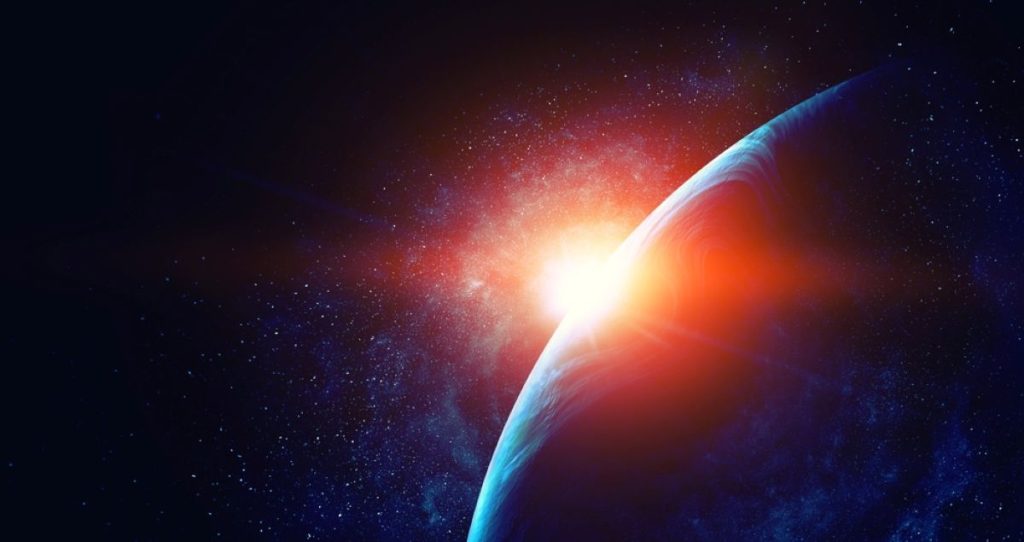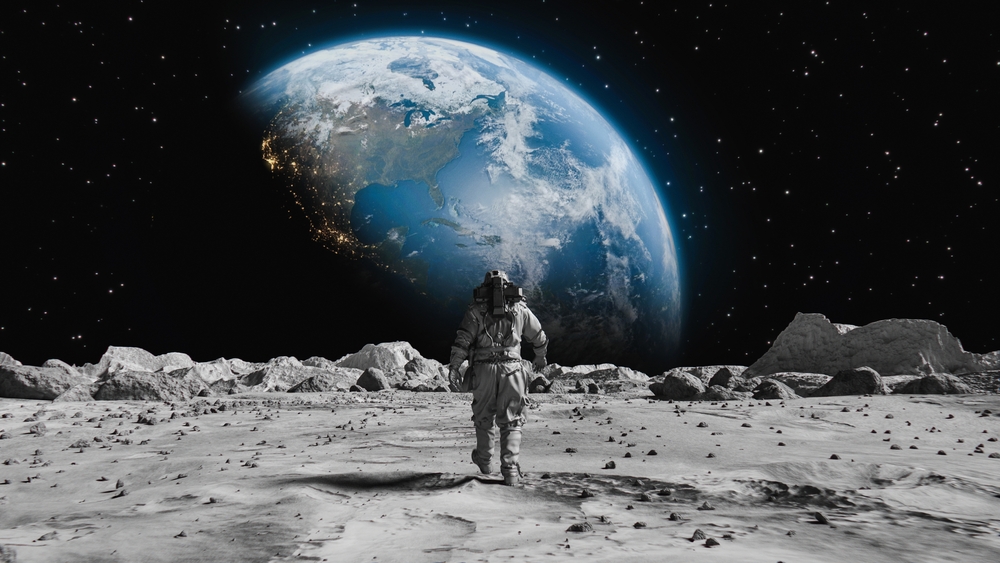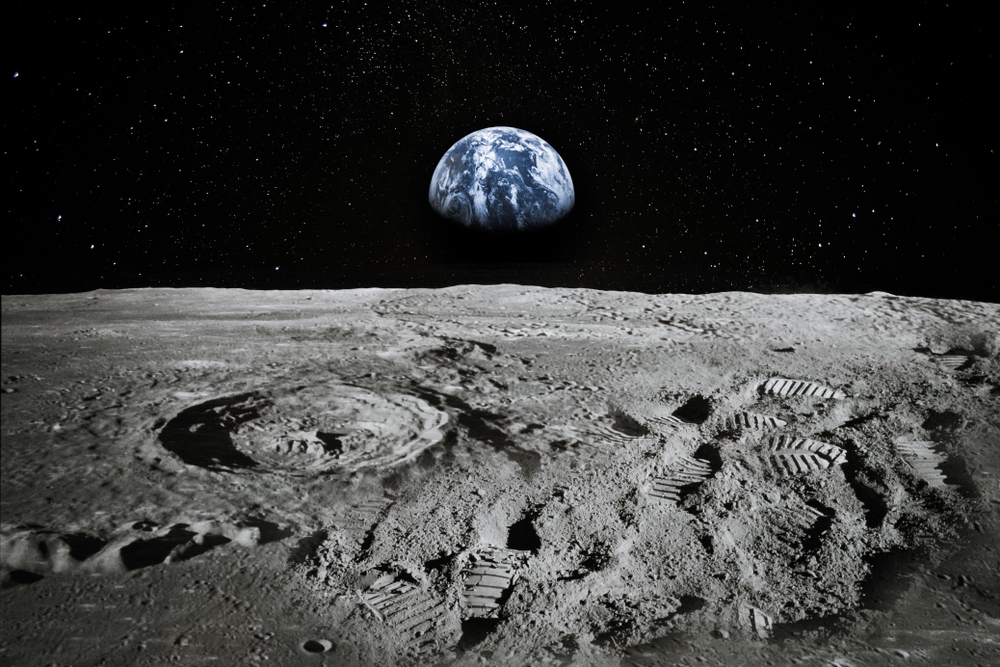These shifts might be microscopic, but they’re becoming more frequent.
Others are reading now
These shifts might be microscopic, but they’re becoming more frequent.
Today Could Break Records

July 9, 2025, could go down in the history books.
Scientists are closely watching the Earth’s rotation, which has been accelerating in recent years, and today may end up being the shortest day ever recorded.
Our Days Are Getting Shorter

We’re used to thinking of a day as 24 hours, or 86,400 seconds.
Also read
But since 2020, Earth has been spinning ever so slightly faster, shaving off fractions of milliseconds from our days.
You wouldn’t feel it but atomic clocks do.
It’s All in the Milliseconds

A millisecond is just one-thousandth of a second. That’s 100 times faster than a blink. But even this tiny change in Earth’s spin matters.
Using ultra-precise atomic clocks, scientists now track the exact length of each day down to the microsecond.
June’s Days Were Already Shorter Than Expected

Take June 26th, for example. The day lasted 23 hours, 59 minutes, and 59.9988409 seconds — not quite the full 24 hours.
These shifts might be microscopic, but they’re becoming more frequent.
July 9 Could Break the Record

Today, July 9th, is one of three key dates that might set a new all-time record for the shortest day in human history.
The other potential record-breakers are July 22 and August 5, mark your calendars, even if they’re milliseconds off!
The Moon Has Something to Do With It

So why now? One clue lies in the Moon’s orbit.
Earth spins slightly faster when the Moon moves far north or south of the equator, making certain times of year more likely to see these ultra-short days.
But What’s Really Causing the Acceleration?

That’s the million-dollar question.
Astrophysicist Graham Jones explains that long-term changes in Earth’s rotation come from a cocktail of factors, including the motion of Earth’s molten core, shifting oceans, and atmospheric patterns.
Is China’s Megadam Playing a Role?

Some researchers have also pointed fingers at massive human infrastructure, like the enormous dam China recently constructed.
While speculative, such large-scale changes in water distribution can impact the planet’s spin over time.
Not Quite a Perfect Clock

Even with atomic precision, Jones reminds us that Earth, while reliable, isn’t a perfect chronometer.
Its spin subtly fluctuates, but in 2025, those fluctuations are adding up fast. and we’re seeing the effects in our calendar and clocks.
What Happens If This Trend Continues?

If Earth keeps accelerating, we may soon see global timekeeping systems adjust.
Scientists are already debating whether we’ll need to subtract a leap second from official time. a move that could disrupt everything from satellites to financial markets.


